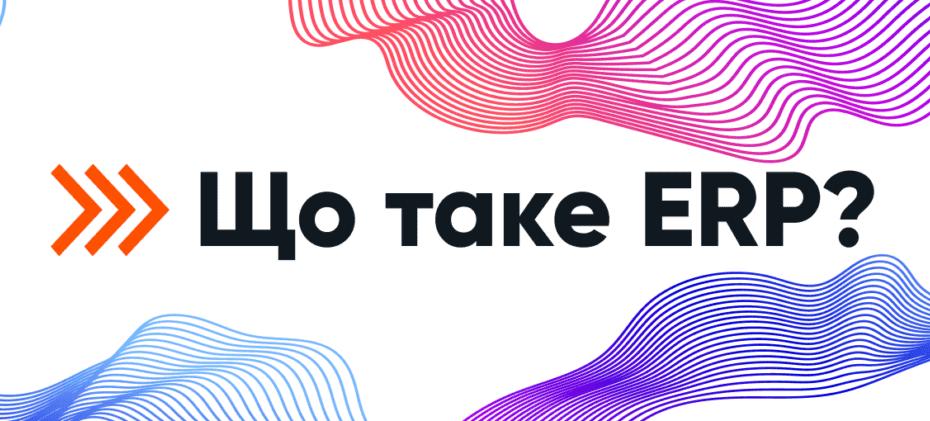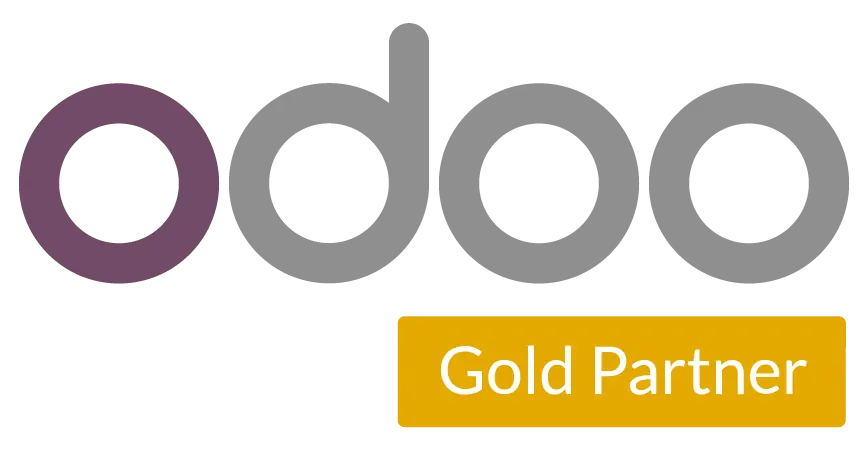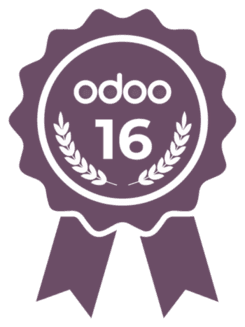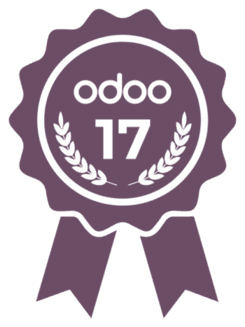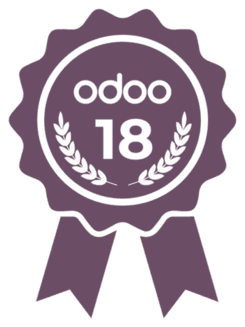Modern businesses are increasingly striving to automate and optimize their operations, as this saves time and resources, increases productivity and competitiveness, and thus increases profits. Successful managers are well aware of the importance of efficient business processes, as they are the basis for sound management decisions. But how exactly can they be optimized? The answer lies in the right choice of tools: many people are already familiar with CRM systems that help to establish work with clients, but for comprehensive business automation, a more powerful solution is needed - an ERP system. In this article, we will use the example of Odoo we will explain what ERP is, how it differs from CRM, and how it can become your key advantage.
ERP vs CRM systems: the main differences
It is worth starting with the fact that we will immediately draw a conditional line between the concepts of ERP and CRM systems. The first thing to note is various areas of application.
ERP (Enterprise Resource Planning) systems cover the management of various aspects of a company's operations. They include finance, logistics, inventory management, manufacturing, human resources, and many other operational areas.
ERP systems allows you to combine all these processes for a comprehensive overview of the company's operations. In short, it is a comprehensive software that can be used to connect any function you need.
CRM (Customer Relationship Management) systems, on the other hand, specialize in customer interaction and sales management. Their main goal is to facilitate customer relationship management and improve service.
The second aspect that distinguishes systems from each other is the types of data they work with.:
- ERP systems process data related to a company's operations. This may include financial data, inventory data, production data, etc.
- CRM systems focus on customer data. This includes customer interaction data, information about their needs, and order history.
Data centralization also differs significantly:
- ERP systems integrate data from various sources and provide centralized access to it for different departments of the company.
- CRM systems focus on collecting and analyzing data about customers and interactions with them, that is, such data serves as an information basis for customer service and sales departments.
With the general differences settled, now we can talk about why are ERP systems used at all:
- Process integration – ERP allows a company to combine all its operational processes into a single integrated technological organism. You track, control and make management decisions based on data from all divisions of the company: finance, logistics, production, sales, marketing and others. An ERP-class system is a maximum of business processes in one database.
- Increased productivity – thanks to the automation of many processes, companies become more productive and can focus on strategic tasks.
- Improving control – ERP allows managers to analyze financial data, production, and other aspects of operations in more detail.
- Improved reporting – you can quickly create a variety of reports that help you make more informed decisions.
Advantages of Odoo ERP compared to CRM system
- Multifunctionality – the system has a significant number of modules that allow you to automate almost all business processes in the enterprise. Even chatting and document discussion. A single system for many tasks that allows you to get rid of the “program zoo”.
- Modularity – the company can implement only those modules that it plans to use in any order.
- Prevalence – Odoo has over 7 million users and over 1,900 integration partners in more than 120 countries around the world.
- Adaptability – The Odoo Marketplace has over 39,000 add-ons and integrations to extend existing functionality, most of them free.
- Integrity – the system allows you to automate the entire chain of interaction with the client, from the first contact to closing the deal and repeat sales.
- Technological capability – the system is available via the web and mobile application, so the user can be anywhere in the world and organize a single workspace for an extensive network of branches.
- Versatility – the system is suitable for both small companies and large enterprises. It has a built-in website builder, which is also suitable for e-commerce.
- Transnationality – the product is used by companies in different countries of the world, which allows it to work in any market. That is, if a company plans to enter, for example, the European market, then with Odoo it is already ready for this.
- Competitiveness – Odoo's functionality successfully competes with such large systems as SAP, Microsoft, Terrasoft. But the price is significantly lower.

Results
Before considering specific software solutions, answer the following basic questions:
- What tasks should the system solve?
- Are you planning to grow your business in the next few years?
- What specific actions do you and your team plan to perform in the system every day?
After all, a CRM system is a local solution to specific tasks with clearly defined functionality without the possibility of future development of the system for all business processes of the company.
Instead, an ERP system such as Odoocontains all the company's business processes in one interface: from CRM and a web store to management accounting, recruiting and document management. A set of ready-made modules and applications covers all tasks and business processes, and the open source code of such a system allows you to implement any ideas of the enterprise.
With a well-chosen software solution, you will have a technological advantage that will help you achieve your business goals: optimize business processes, improve productivity, and increase the competitiveness and profitability of your business.
We will be happy to help you choose the right product for your company! To get a free consultation, please call us: +38 073 871 53 13.
